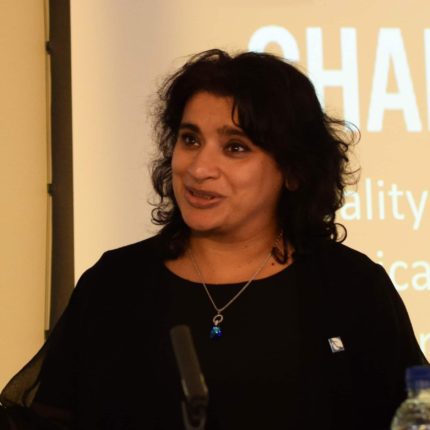I’ll be absolutely honest with you. The right to be consulted isn’t what we lawyers regard as the most substantial and robustly enforceable of rights. So the first thought that crossed my mind as the hefty portfolio of OfS consultations landed with an ominous “thunk” on my desk last week was: will anything said in response really matter?
To be clear, that’s not a criticism directed at OfS particularly but the jaded response of someone who’s had to advise far too many disgruntled consultation respondents who feel that they may have been heard but not necessarily listened to.
A right to be heard?
So what rights do respondents to consultations have? The answer as always depends on the context. In the case of HERA, the consultation needs to be understood in the context of the Act as a whole. OfS’s duties have been rehearsed many times and many ways so I will confine myself to saying that safeguarding the interests of providers does not figure highly on them. There is the duty to have regard to the need to protect institutional autonomy but this is only one of many factors to which OfS must have regard. So the context of the consultation is one where there is no particular priority to be given to the views of providers as a class.
This interpretation is reinforced by the terms of the specific consultations OfS is required to undertake. So, in relation to the initial and general registration conditions, OfS must, if it appears to it to be appropriate to do so, consult representatives of higher education providers “which appear to it to be concerned”. In relation to the regulatory framework itself, the duty is to consult bodies representing providers, bodies representing students and such others as it considers appropriate. So the consultation requirements are either discretionary or owed to a far wider class of persons than just providers.
Once a consultation is commenced, irrespective of whether there was a strict duty to hold it or not, certain legal principles must be observed. These are:
- The consultation must be at a time when the proposals are at a formative stage.
- The proposals must be set out in sufficient detail to permit intelligent consideration and response.
- There must be adequate time to respond; and
- The responses to the consultation must be conscientiously taken in to account in deciding how to proceed.
In the case of OfS’s consultation my concerns would be that the proposals are so thorough and detailed that they appear to be fully formed rather than at a formative stage, so how much they can be influenced at this stage remains to be seen. In addition, although the consultation period is a good length, there is an awful lot to respond to, almost oppressively so.
We can therefore add these reservations to the concern about diluted provider voice in the consultation process.
Effectiveness
The final area of concern relates to the constraints around challenging ineffective consultations. The courts are often reluctant to intervene if the concern relates to the weight the consulting body chose to attach to particular responses. Only if there is clear evidence that responses weren’t taken into account at all will a court consider quashing the consultation and require it to be taken again.
For all these reasons, there is a risk that universities may be able to influence the outcome of the consultation far less than they have historically been able to.
That is not, however, to say that there is no point in responding. OfS has expressed itself ready to listen and it should be taken at its word. I think that there are various markers that need to be put down, even if ultimately there is no appetite to formally challenge the proposed registration conditions. For example, it is very difficult to see which of OfS’s duties the senior executive remuneration condition relates to: value for money is the cited justification but it really doesn’t withstand too much scrutiny. If the justification is not challenged in consultation responses, it may be used in future to impose conditions that are even less palatable to universities.
There is a devil in the detail too. The proposed free speech condition includes a strange reference to governing documents, presumably because this is what the Minister said he wanted to see earlier this year. But is it a necessary, proportionate and risk-based response to the perceived problem? If not, that point needs to be made forcefully in the consultation response. These initial conditions are important because the direction of travel will only ever be towards more stringency, not less.
So, despite my lawyerly reservations, the sector response to this consultation is extremely important. Even if it ultimately achieves little change to these proposals it will help to define the parameters of the regulatory revolution the Act seeks to establish.
Find the full Wonkhe index of all documents published by DfE here and all of Wonkhe’s coverage of the new framework at #Regulation.












